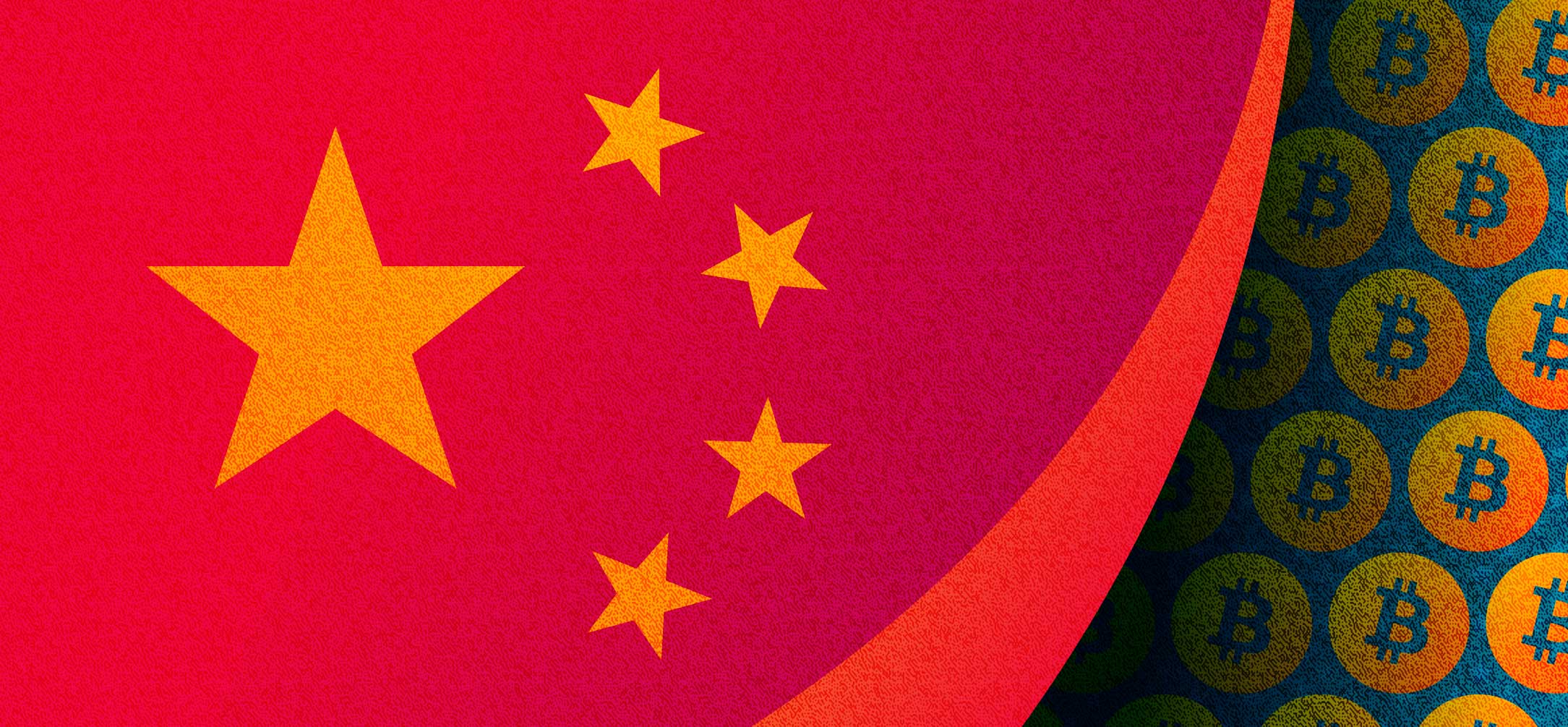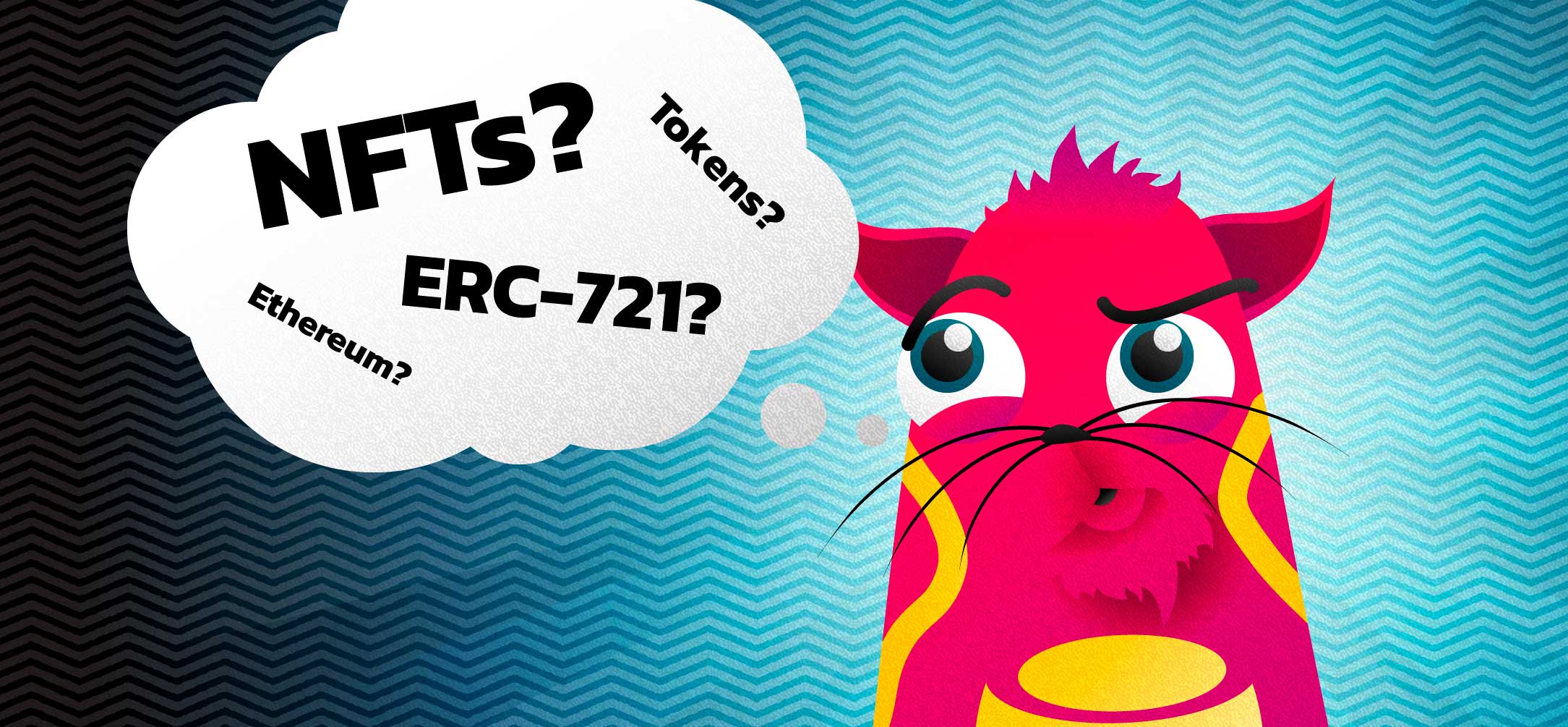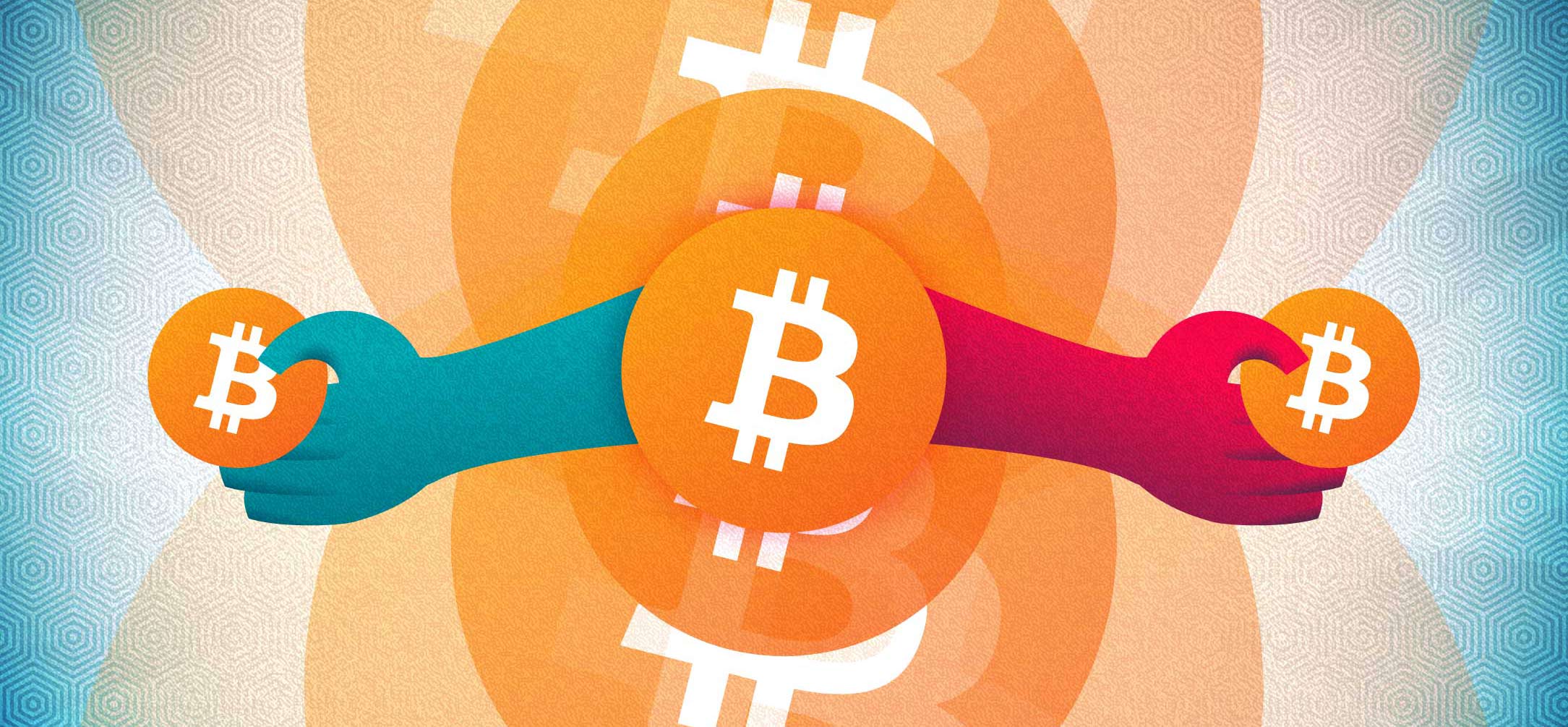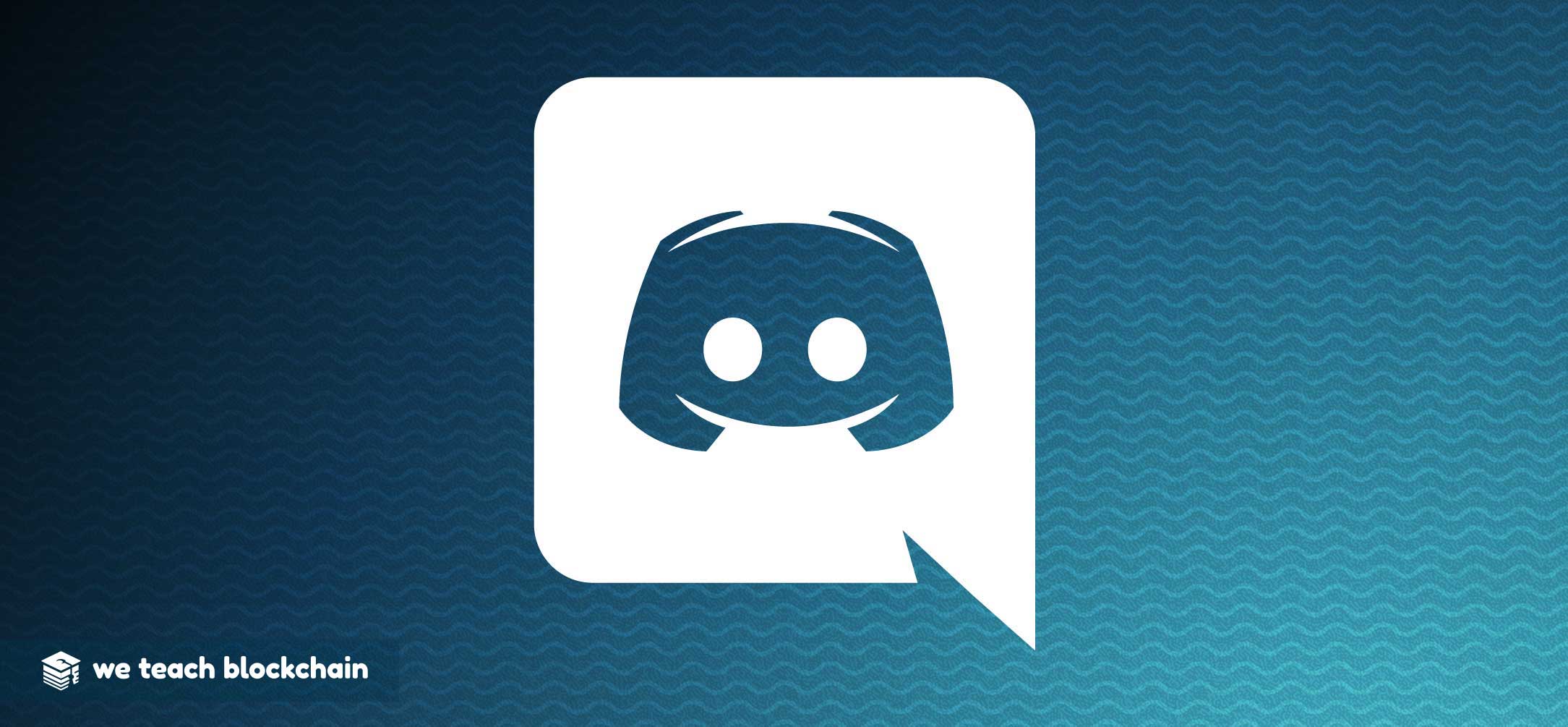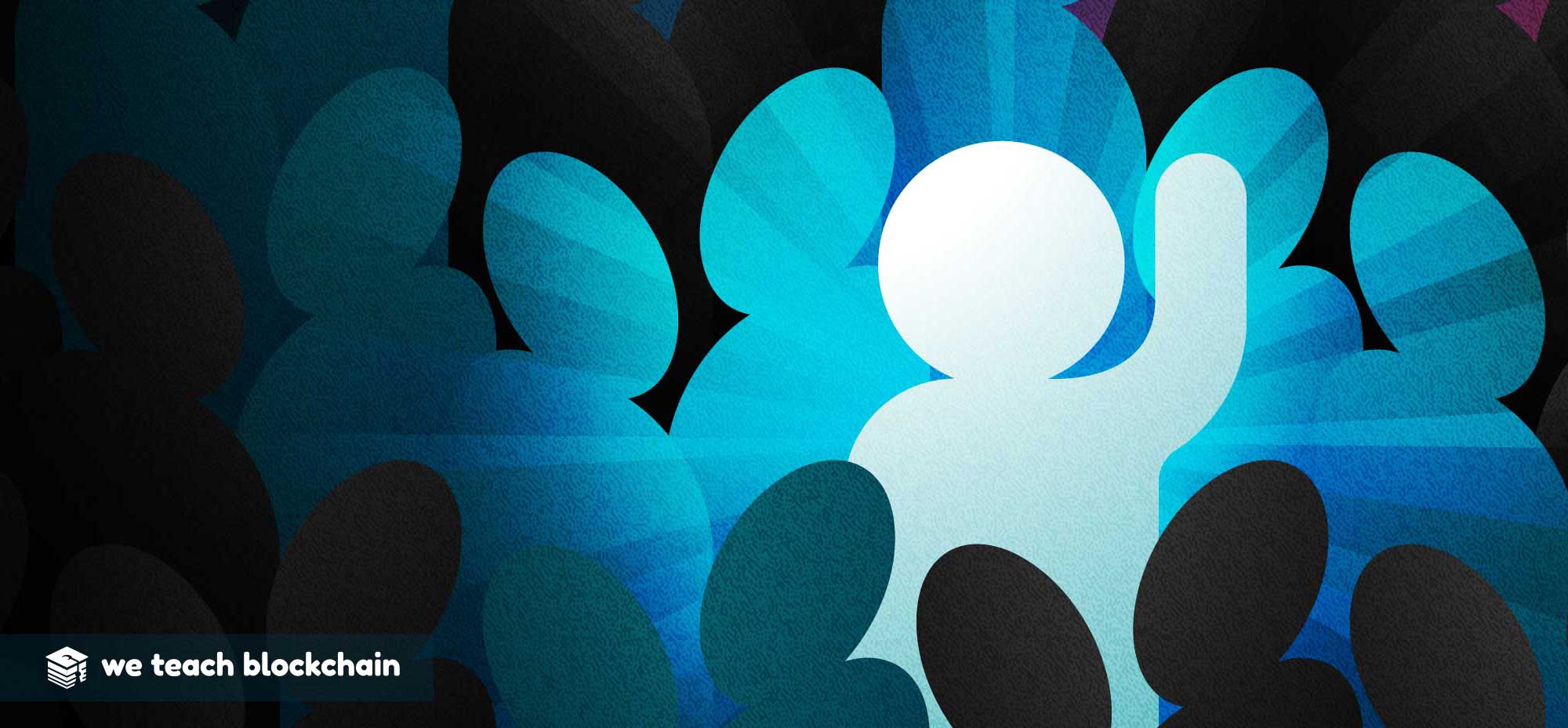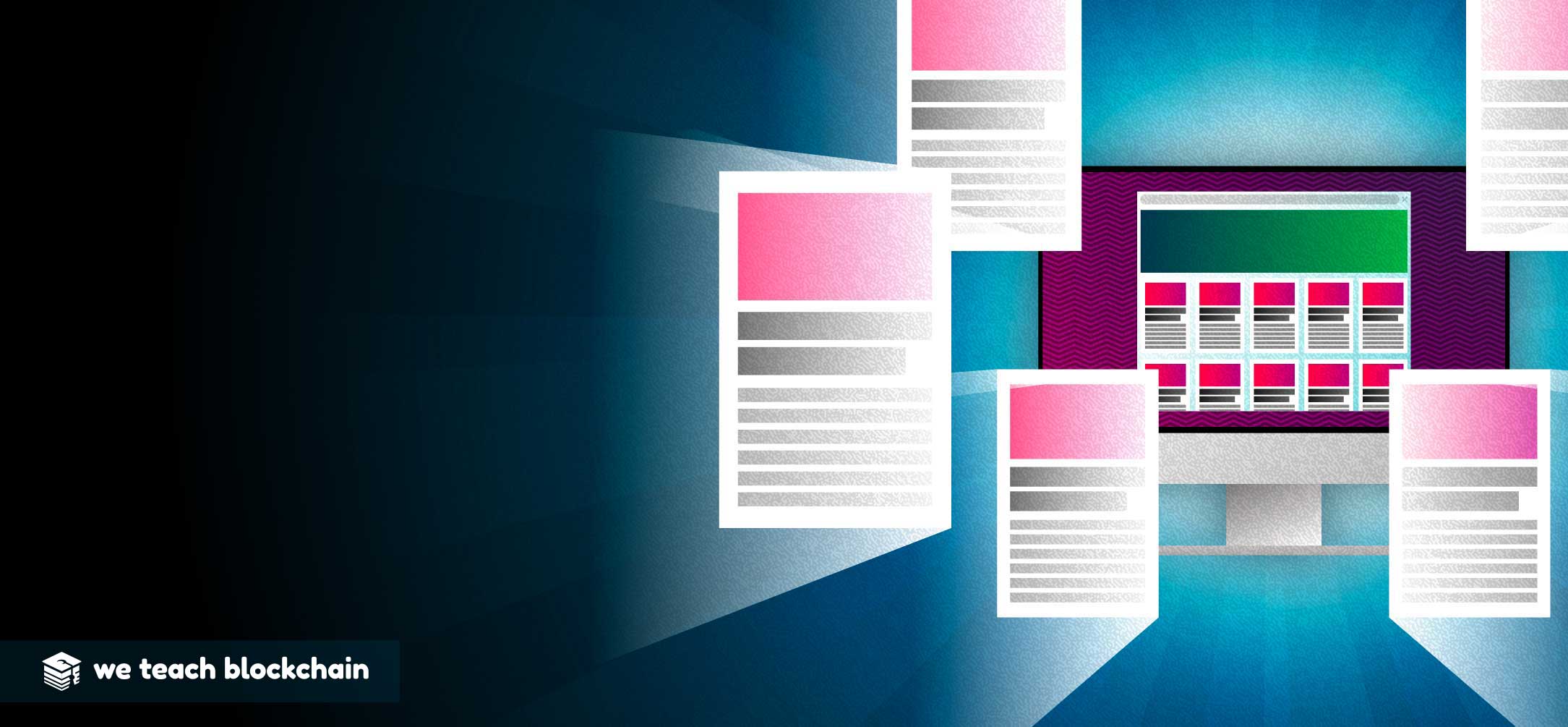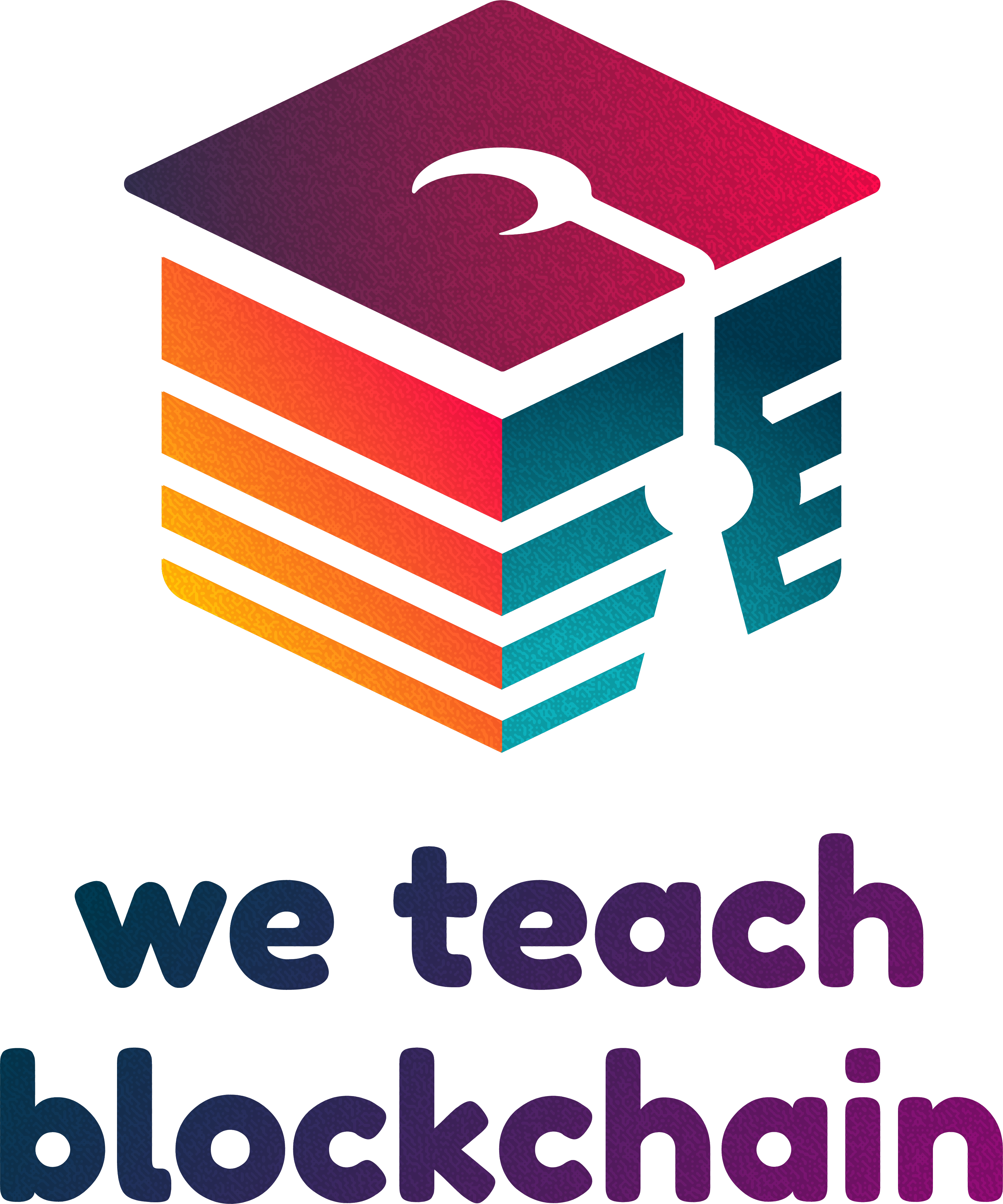Robinhood, GameStop, and Blockchain
by Jeremy CoganThe growth in popularity of personal finance applications has led to new opportunities for the average individual. Previously investing was only restricted to a few select individuals or groups; if the average individual wanted to invest in the market, they had to go through one of these entities. This heavily restricted financial system has led to a significant amount of distrust. With some even claiming the market is “rigged” to guarantee the success of institutional investors. Recent events concerning the retail investing app Robinhood, launched in 2015, have only solidified this argument.
What is retail investing?
We have described the previous investment infrastructure as “gatekeeping”. Retail investing describes the rise of applications that give the average user the ability to invest in previously restricted markets. There are several applications dedicated to retail investing, but Robinhood has stood out as one of the most popular applications available for download, according to their users. This sentiment was held by most, with users simply happy to have this greater level of financial autonomy. However, these users learned the hard way that these platforms don’t offer full financial autonomy. The events around Robinhood and GameStop have severely shaken the confidence of retail investors. Let’s take a closer look at what happened.
What happened?
There are many industries and organizations that struggle to keep up with the latest sales and technological trends. Professional investors aim to identify these potentially failing companies in order to bet against their success, a move called a short. Simply put, a short is when a trader immediately sells a stock or security in the hopes of buying it back at a lower price. This move is essentially a bet against the price of the stock rising and is popular among many investors and investment banks.
It makes sense that there would be a mechanism to bet against the success of a stock. However, some investment banks have taken to bashing companies they have already shorted to manipulatively decrease the price of the stock, making sure that their short will be a good bet. This phenomenon has led many to believe that the investment game is rigged towards these financial insiders. Accusations of collusion have also been levied.
Some investors started to wonder if they could rival these short positions in an organized manner, basically collectively betting on the stock to raise the price and wipe out the short investments. These users, largely made up of retail investors, decided to start and collaborate using a subreddit known as r/WallStreetBets. This subreddit aimed to counteract what they viewed as collusion among institutional investors that would guarantee them money.
A battle ensued between these retail and institutional investors, with r/WallStreetBets acting as the hivemind for the retail investors that would decide to buy up a stock that was being shorted, in this case, GameStop.
Many have argued that GameStop’s best years were behind them, as technology and other options were passing the organization by. The wise bet was to short these stocks, but users fed up with these gatekeeping institutions decided that they were going to take on the short positions held by certain investment banks. Users rapidly bought GameStop stock in order to beat the short, and it worked. The price of the stock skyrocketed while the institutional investors holding the short position would end up losing their bet. This might have marked the first time that institutional investors were taken on and beaten by the average institutional investor, largely because of the opportunity retail investing apps offer.
Robinhood users soon found that the ability to sell GameStop stock was gone. Users were stuck in their position, and they immediately accused Robinhood of removing the ability to sell GameStop stock to help out institutional investors, a very serious charge. Based on these actions, many were convinced that Robinhood was holding their funds hostage.
Ok, so what really happened?
While the charge that Robinhood was set on helping retail investors by limiting their users’ position sounds valid at first glance, there are basic events that contradict this argument. For one, Robinhood actually benefits when its retail investors make money. This directly refutes the idea that Robinhood was acting in the interest of institutional investors.
As more news came out about Robinhood, it became clear that the move to restrict selling was a response to a bill they could not cover. All stock transfers are put through a mechanism called the Automatic Clearing House. Each trade done by a Robinhood user incurs a processing fee paid by Robinhood to the ACH. During the popularity of buying GameStop stock, Robinhood incurred an ACH bill of $3 billion, which according to their CEO is significantly higher than their average burden.
So why did Robinhood stop the sale of GameStop stock? While many want to point to protectionism the reality is that Robinhood had to stop the trade of this stock because they couldn’t cover the charges incurred via the ACH.
What does a blockchain have to do with this?
The better question is, what does the lack of a blockchain mean for a situation like this? As we cover in our Crypto Curious Course, a major impetus for the creation of Bitcoin was the lack of financial autonomy the average person had. This was a significant reason for the creation of the Bitcoin network, per Satoshi Nakamoto. Nakamoto saw a world where a few financial elites were making decisions for the average individual, which almost exactly describes the Robinhood/GameStop situation.
Gatekeeping financial institutions control the market, while even retail investing apps can’t handle increased purchasing and selling demand. We are seeing the rise of a decentralized financial system that is designed specifically to counteract these controls; one where each individual has full control over their finances and investments. These large gatekeeping institutions are being challenged by those creating a system based on financial inclusiveness. Events like Robinhood’s restriction of stock sales only illustrate the importance of a decentralized financial system, one where the user has ultimate control.
This is the reality that a blockchain enables. We are seeing the rapid growth of DeFi, where traditional financial instruments are being applied to blockchains. Possibly the most intriguing part is the lack of regulation that can ultimately be placed on decentralized protocols. Unlike Robinhood, the human factor has been taken out of the decision making process. Events like the halting of sales of a stock simply cannot occur in a decentralized system.
While the cessation of sales of Robinhood stock wasn’t purely the result of protectionism, it did leave many in a restricted position. It will be very interesting to see if this event creates more interest in the truly free, decentralized world.

